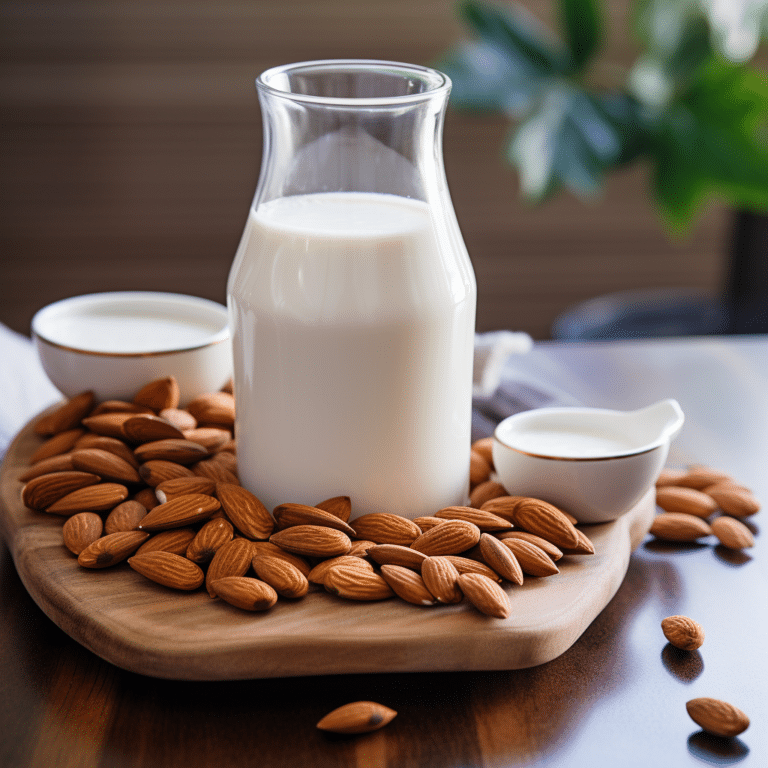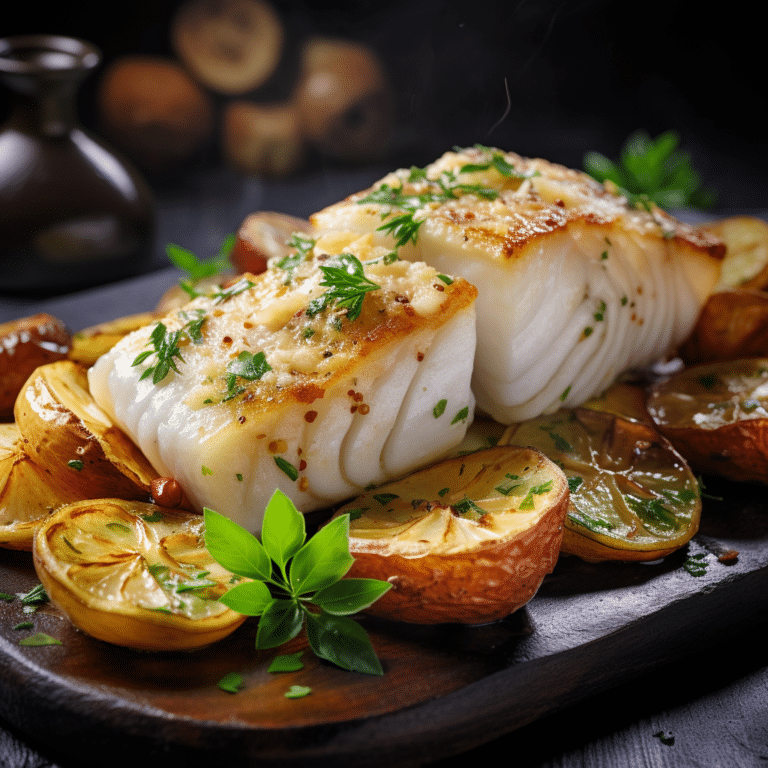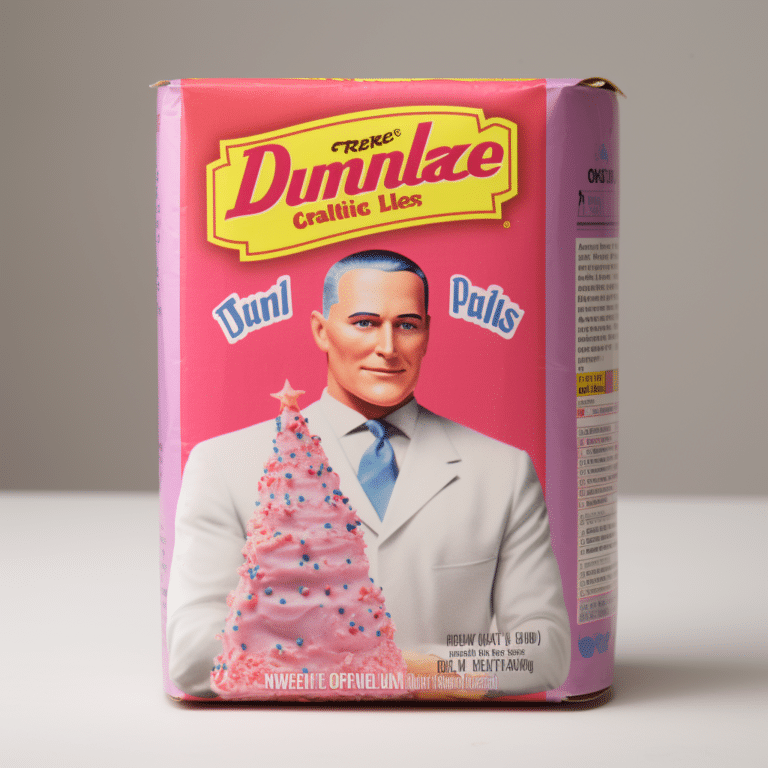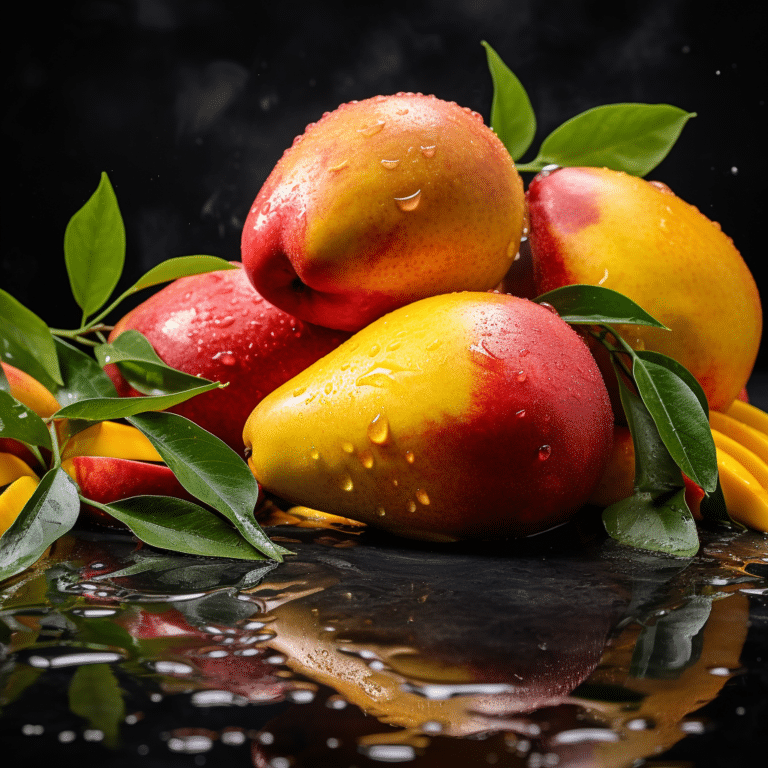Peanut Butter Colored Poop
Different stool colors can mean different things, depending on your recent diet. Sometimes, you may notice your poop has a different hue than normal. But what does it mean if your poop is green? What about white, red, black, or yellow? Peanut butter colored?
Most times, the foods you eat affect the color of your poop. And small changes in your diet impact the hue of your waste. After all, we don’t eat the same meals every day. However, not that sometimes the color of your poop can change due to an underlying medical condition or a minor health issue. So, what does it mean if your poop is peanut butter colored? Stay locked.
What It Means When Poop Is Peanut Butter Colored
Normally poop is brown or golden, with a sausage-like shape. So, since peanut butter has a brown hue, poop with such a color means it’s normal with no reason for being concerned. Normal poop is firm, easy to pass, flush away, and does not float in water. It forms an S-shape and has a consistency somewhere between firm and soft.
So, next time you see your poop is peanut butter colored, don’t freak out, as that’s the normal stool color. Ensure it has the right consistency, is easy to squeeze out and flush away, and doesn’t float on water.
Other Poop Colors And What They Mean
Green Poop
Your poop can sometimes take a slightly greenish hue or a more vivid green. Green poop is considered normal most of the time. Certain foods and supplements can make your poop green. For instance, eating green vegetables like kale or spinach, consuming foods with green food coloring like ice pops or drink mixies, and iron supplements.
Other causes of green poop, especially when having green diarrhea, are not associated with diet. Sometimes the meal you’ve eaten move through the gut too quickly, and the fat-digesting bile don’t get the time to turn brown.
White, Clay-Colored, Or Pale Poop
Sometimes your poop may not have much color. What can cause such? Although diet is the main contributor to changes in poop color, it is not likely the cause in this case. Medicines that treat diarrhea, like bismuth subsalicylate (Kaopectate, Pepto-Bismol), can sometimes cause pale or clay-colored stool. Barium, a chalky liquid given to patients before they undergo X-rays of the upper part of the digestive tract, can also cause clay-colored poop.
Poop with a little color can sometimes be due to a lack of bile in stool – bile gives poop its distinct brown color. The body produces bile in the liver, stores it in the gallbladder, and releases it in the small intestine to assist in the digestion of food. If insufficient bile is produced to give poop its standard brown hue, there could be a problem along the way.
Liver diseases like hepatitis prevent bile from getting into the body’s waste. The same is valid with blockage in tubes/ducts that transports bile. Duct blockage could be due to a tumor, gallstones, or an inborn condition called biliary atresia.
Yellow Poop
There may be times when your stool appears more yellow than brown. Yellow poop is considered normal for many people. It is more common in young children, especially those who are breastfeeding. However, if you have yellow poop that smells very bad and looks greasy, it may have too much fat. And this could be a sign your body is not digesting food properly.
Sometimes diet can indirectly lead to yellow poop. This is a typical case for people who have celiac disease. People with celiac disease have difficulty digesting foods containing gluten like wheat, rye, and barley. So if you have celiac disease and eat foods high in gluten like pasta, bread, or cookies, your intestines will not function as they should. This can result in your poop becoming yellow.
Yellow poop that is greasy and smelly could be due to other causes other than diet or celiac disease. So, if you have persistently yellow poop, consult your doctor.
Black Poop
Black poop is common in babies the first few days after birth. So, don’t freak out if your little one has black poop. However, for other people, it could be due to their diet or supplements. Eating very dark-colored foods can result in black poop. Sometimes black poop could result from medical conditions like bleeding in the upper respiratory tract.
Blueberries, black licorice, and iron supplements can make poop have a black hue. Medicines like bismuth subsalicylate (Kaopectate, Pepto-Bismol) can also lead to very dark stools.
However, be on the lookout for poop that looks like tar. Poop that appears like tar can signify bleeding in the digestive tract.
The bleeding could be due to stomach ulcers, noncancerous tumors in the upper tract, sores in the esophagus from acid reflux, or even cancer. So, consult your doctor if you don’t think your black poop is not due to your diet.
Reddish Or Red Poop
Anytime you see reddish poop in the toilet, don’t freak out just yet. Start by asking yourself whether you’ve had red foods lately. Foods like tomato soup, red drinks, beets, and gelatin desserts can make your stool reddish or pink.
If you don’t think food is the cause of your red stool, then the red may be due to blood. Bright red blood is likely coming from the lower part of the digestive tract. It may be due to hemorrhoids, cancer, growths in th colon (polyps), noncancerous tumors, or colitis – inflammation of the colon.
So consult your healthcare provider if your poop is red and you’ve not eaten red foods lately.
Conclusion
Different poop colors mean different things. Peanut butter-colored poop is considered normal. So, don’t worry if your poop has a peanut butter color provided it came out smooth, is easy to flush, does not float, and has a consistency between firm and smooth.
However, be on the lookout when your poop lacks color, is red, black, or orange, especially when you’ve not eaten foods with such colors. And if the color persists, consult your healthcare provider.
Recomended Produacts
Garden of Life Raw Organic Protein Powder
- A plant-based protein powder made from a blend of organic sprouted brown rice, peas, and other organic ingredients.
- Provides essential amino acids and supports muscle recovery and overall health.
- Suitable for vegan and vegetarian diets, free from gluten and dairy.
Nature’s Way Sambucus Elderberry Gummies
- Elderberry gummies that support immune health and provide antioxidant benefits.
- Made with premium elderberry extract and natural flavors.
- Suitable for adults and children, these gummies are a convenient and tasty way to boost your immune system.






